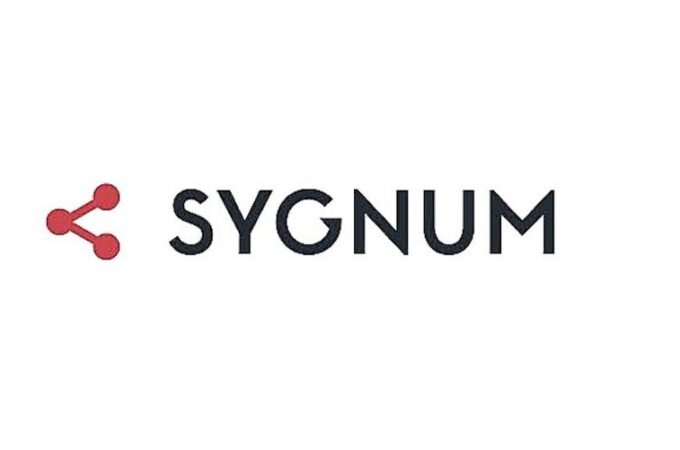The Open Banking Working Group’s newly published recommendations on open platform banking will, if fully implemented, lead to a revolution in the provision of banking services to UK consumers.
In February 2016, the Open Banking Working Group set out its plans for the creation of an Open Banking Standard in the UK. This will entail banks opening up their application programming interfaces (APIs) to allow third parties to access their data, including, where permissions have been granted, customer transaction data.
Consumers and providers will benefit. Account aggregation services will become more accessible, and price comparison sites will be able to access consumers’ transactional data to perform accurate product assessments. Other use cases include lending specialists being able to view potential borrowers’ transactional data to conduct detailed risk assessments, hence improve their pricing and decision-making.
Fintech providers, too, stand to gain from the new environment. Vendors of back-office systems that can easily integrate external services via APIs will see an increase in demand for their services. Consequently, consumer-facing fintechs will find it far easier to plug into banks’ systems – and by extension their huge customer bases.
The Open Banking Standard will be implemented over the next five years. The best case scenario sees consumers enjoying access to enhanced, tailored services, banks benefiting from more engaged customer relationships, and fintechs finding it easier to achieve scale.
However, to achieve this outcome, banks need to embrace change, consumers have to become more willing to share their data, and regulators must strike the right balance between maintaining security and encouraging innovation.





